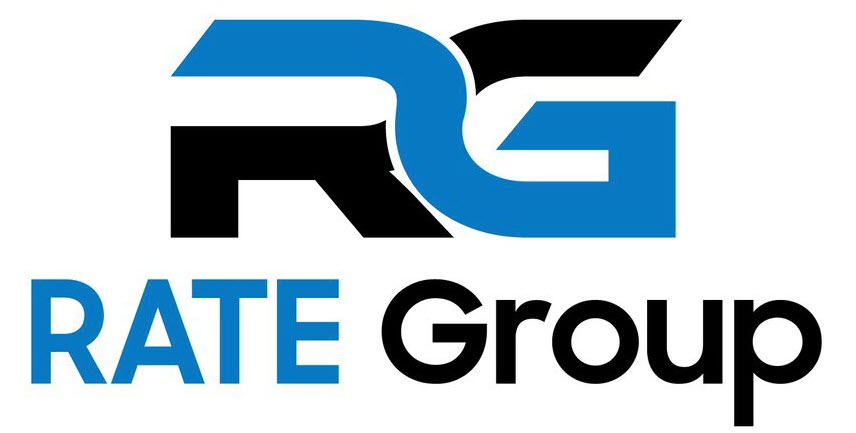
18 Aug What the Theft of a BBC Reporter’s $30,000 in Ethereum Shows About Cryptocurrency
[ad_1]
Last week, BBC contributor Monty Mumford lost $30,000 of Ethereum. This came after a logical thought process: invest in the future of digital finance, look up how to securely store said investment, follow initial advice. This led to buying Ethereum, finding recommendations to store on one’s own wallet rather than an exchange, and save the private keys somewhere safe. That led to the MyEtherWallet web wallet being chosen, and private keys printed out on a sheet of paper… and saved in drafts in Gmail. That last part elicits a cringe from the crypto savvy, but a new user would have no idea that such an action was a major faux pas. Which perfectly illustrates a huge problem with the industry.
Almost no one can figure this stuff out
Let’s be honest: it’s hard to securely use cryptocurrency. Right out the gate, understanding the basics, most won’t know how to properly store backups. The number of people I’ve seen do something like take screenshots of seed words,…
[ad_2]
Source link

